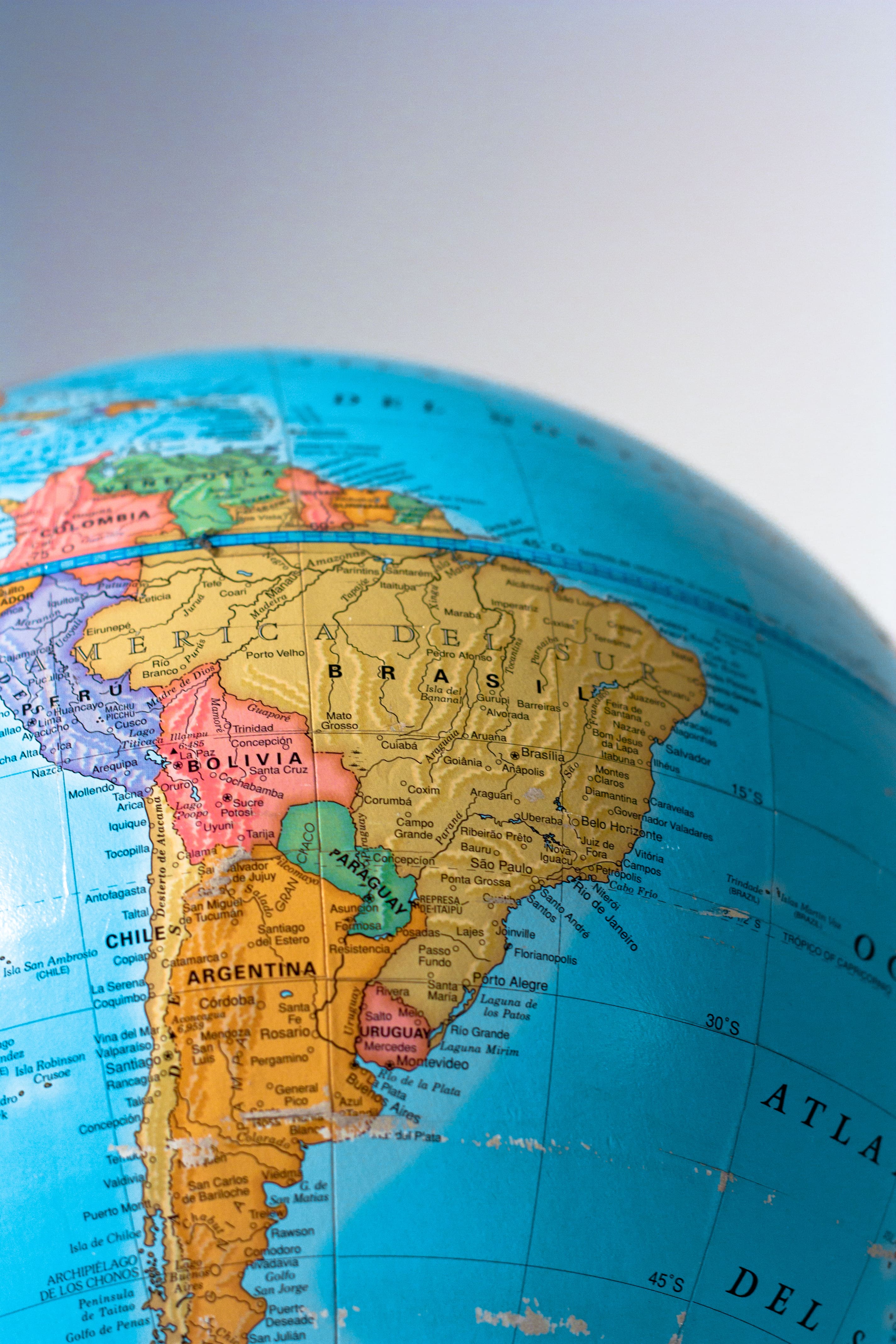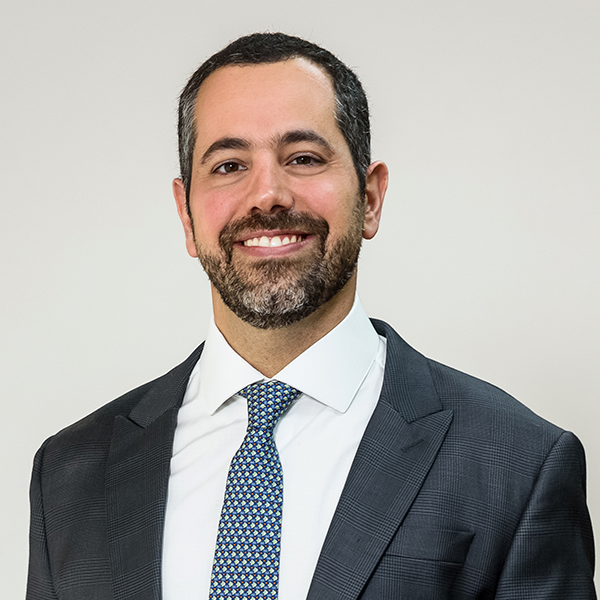


As part of an ongoing regulatory modernization agenda, Brazil has implemented a series of reforms aimed at strengthening its business environment, expanding access to capital markets, and attracting new investment flows. The Brazilian Securities and Exchange Commission (CVM) has played a central role in this process, updating key regulatory frameworks that directly impact the financial market. Among the most significant initiatives in recent years are Resolutions 160 and 175, which introduced important changes to rules governing public offerings and investment funds.
Resolution 175 enhances the flexibility of investment fund structures, consolidates previous understandings, and introduces innovations such as Normative Annex VI, which integrates a new regulatory framework for Fiagro (Investment Funds in Agro-industrial Production Chains). Resolution 160 simplifies the registration process for public offerings and expands the mechanisms for raising funds through debentures, with a special focus on those targeting sustainable infrastructure. Another key development is Law No. 14,801/2024, which established Infrastructure Debentures, alongside its accompanying Regulatory Decree No. 11,964/2024. These measures promote the issuance of incentivized bonds, including the possibility of issuing in foreign currencies and a zero-income tax rate on interest from external loans related to incentivized sectors. These changes are essential to making Brazil’s capital market more efficient and attractive.
We are witnessing a continuous process of legislative modernization. The new regulations are steadily improving the investment environment in Brazil’s capital markets. Brazil continues to establish itself as a stable and reliable platform for capital raising. - Celso Contin
In addition to these regulatory and financial advancements, Brazil’s global perception has been shaped by its geopolitical positioning. Amidst a global landscape of uncertainties, trade tensions, and conflicts, Brazil stands out for its institutional stability, diplomatic neutrality, and established regional leadership.
Brazil’s leadership in the region is derived not only from the size of its economy, but also from its role as a trusted mediator in times of instability. The country has no declared enemies, maintains balanced relations with major global powers, and has one of the most respected diplomatic corps in the world. - Celso Contin
This combination of economic strength, institutional capabilities, and diplomatic skill positions Brazil as a strategic destination for international investors, especially amid a turbulent global environment.
Amid Brazil’s recent interest rate hikes, reaching 15% in June, another trend gaining momentum is the growing interest of Brazilian companies in international financing options. For export-oriented sectors, which generate revenues in foreign currencies, international financing has become increasingly attractive. This trend may lead to a rise in debt issuance in foreign markets, whether through the capital market, external loans, or export prepayment agreements.



Want to stay updated with all of our
latest news and information? Enter
your email below and we’ll add you
to our mailing list.
.webp)